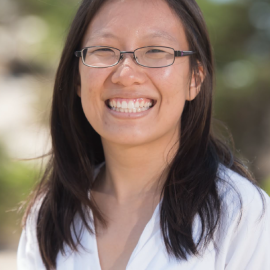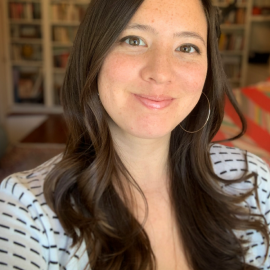All Postdocs. All the Time.
Meet the 2021 JEDI Champions
Stanford Postdoc JEDI Champion Awards are a recognition of current Stanford University postdoctoral scholars who have championed initiatives, activities, or efforts that advance justice, equity, diversity, and inclusion at Stanford and beyond.
-
Faculty Mentor: Dmitri PetrovBiology
Katherine Xue is passionate about ensuring that biomedical research reflects and supports the perspectives of a diverse society. As a postdoctoral representative on the Department of Biology's Committee on Diversity, Equity, Inclusion, and Belonging, she has advocated for greater transparency and equity in postdoc hiring and increased support for first-generation and low-income undergraduates. In her science writing, most recently about the coronavirus pandemic, she also seeks to explore and communicate scientific uncertainty for a general audience.
-
Faculty Mentor: Holly TaborCenter for Biomedical Ethics
Asian Americans are often overlooked as racial minorities in the US, and during my time as a postdoc at the Stanford Center for Biomedical Ethics, I've made it my mission to dismantle the model minority myth that pits people of color against each other. The invisibility of Asian Americans is due in part to broader exclusions, but also partially due to Asian Americans being unwilling to partake in difficult conversations. I hope that my work empowers people to speak up against anti-Asian hate, but also pushes Asian Americans to challenge racism within our own community and towards other racial/ethnic groups.




